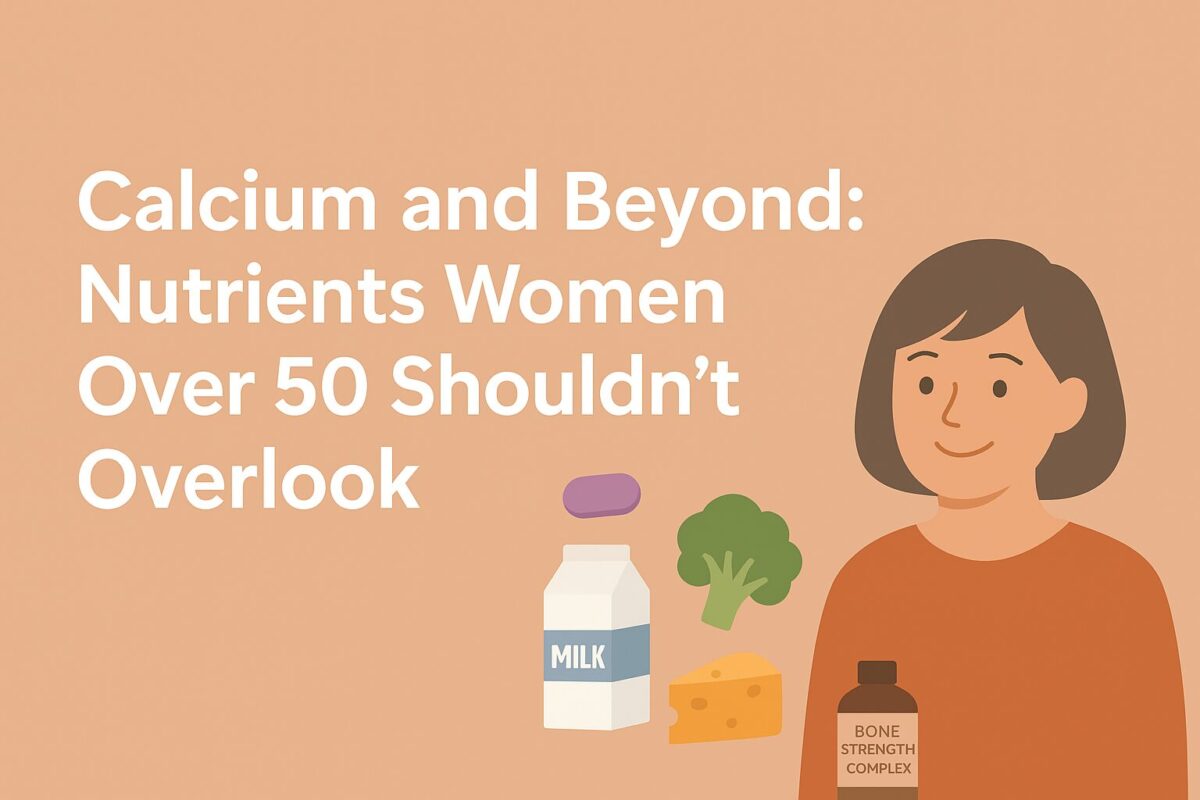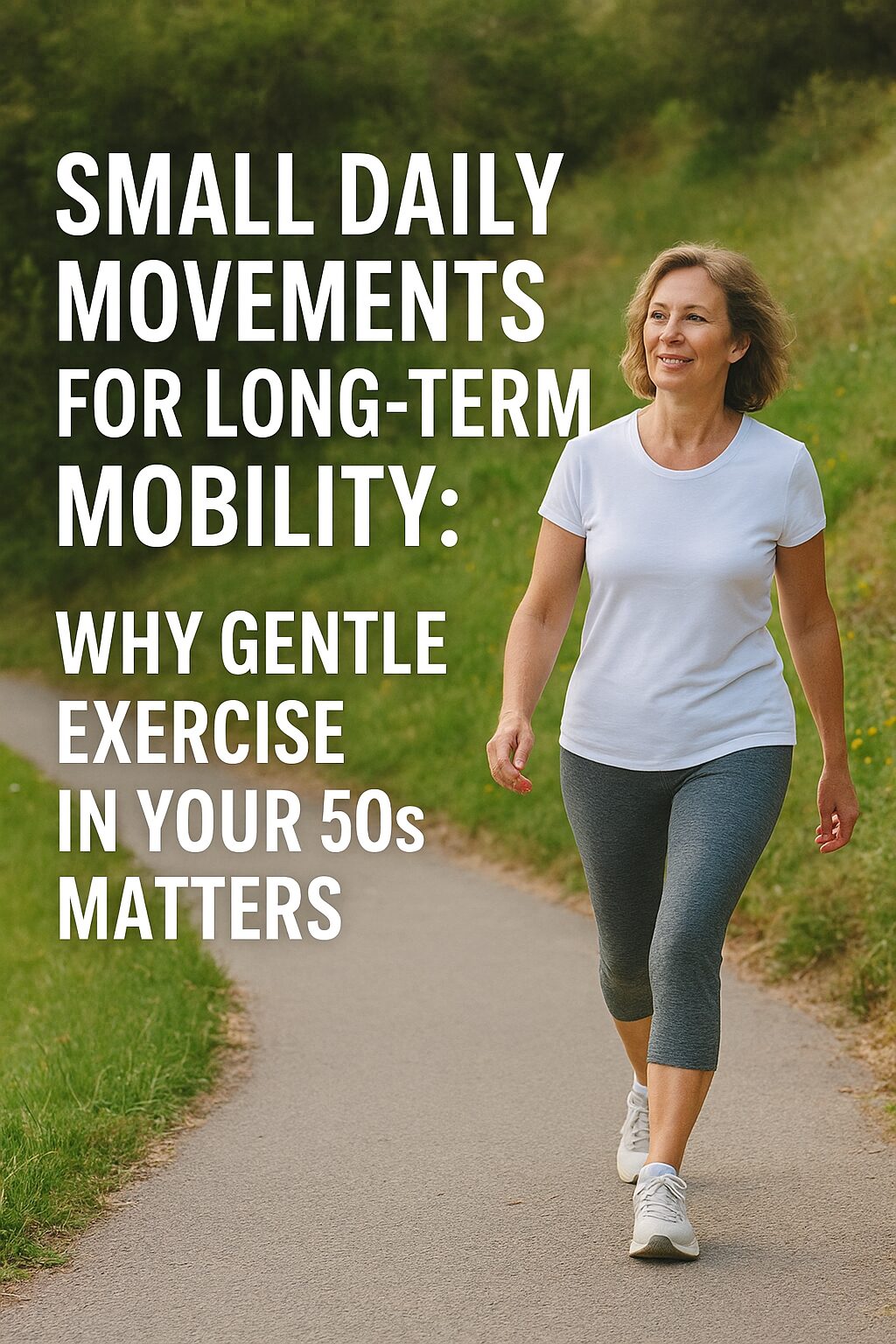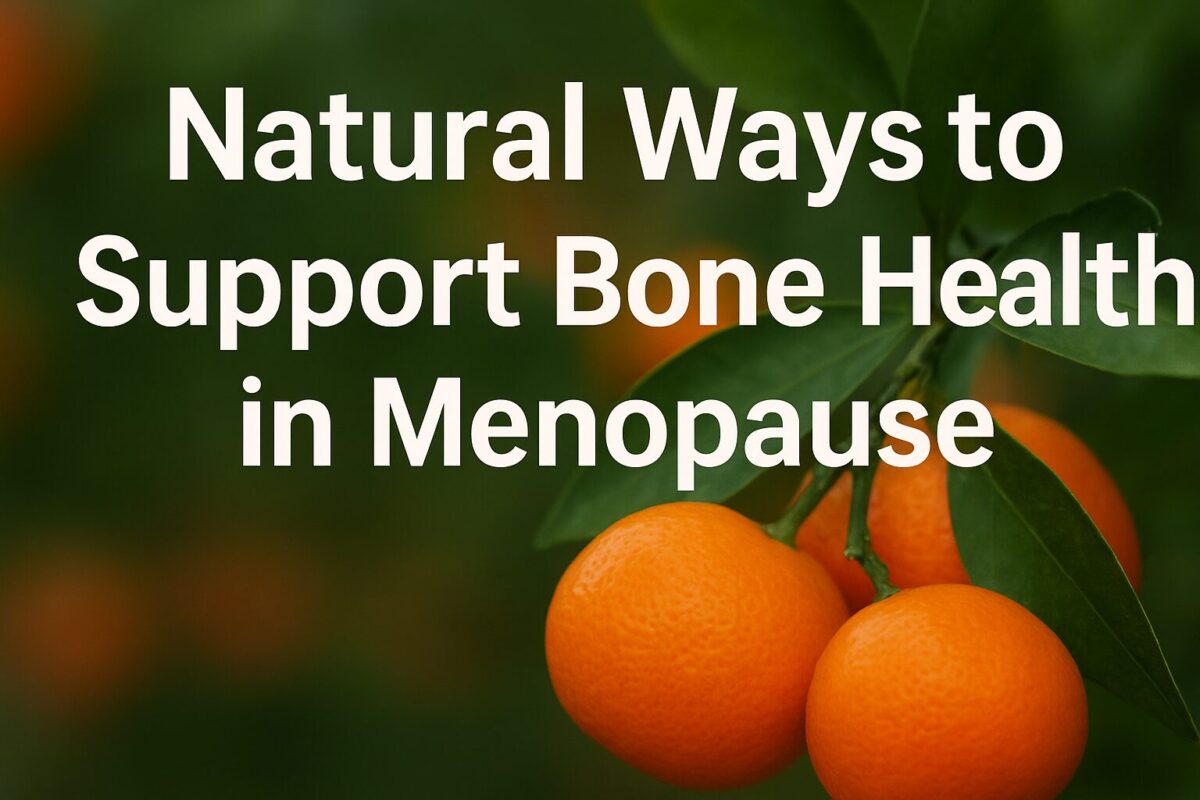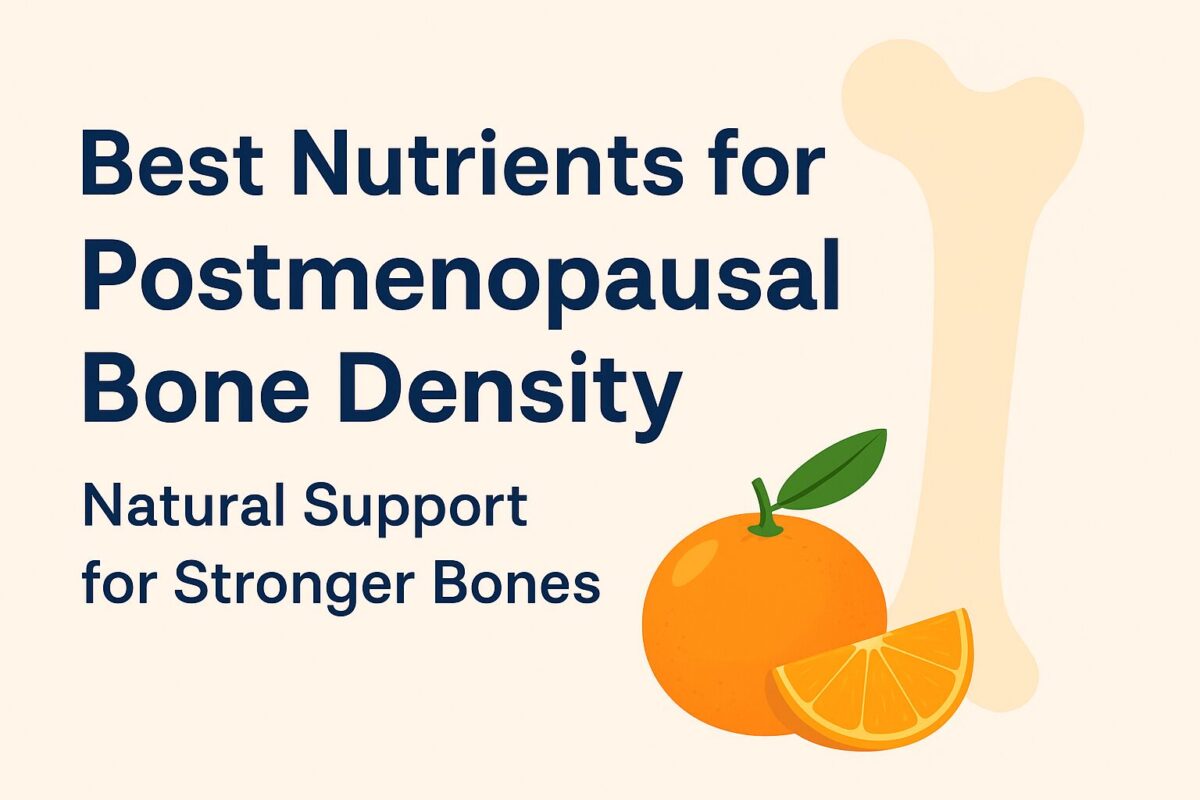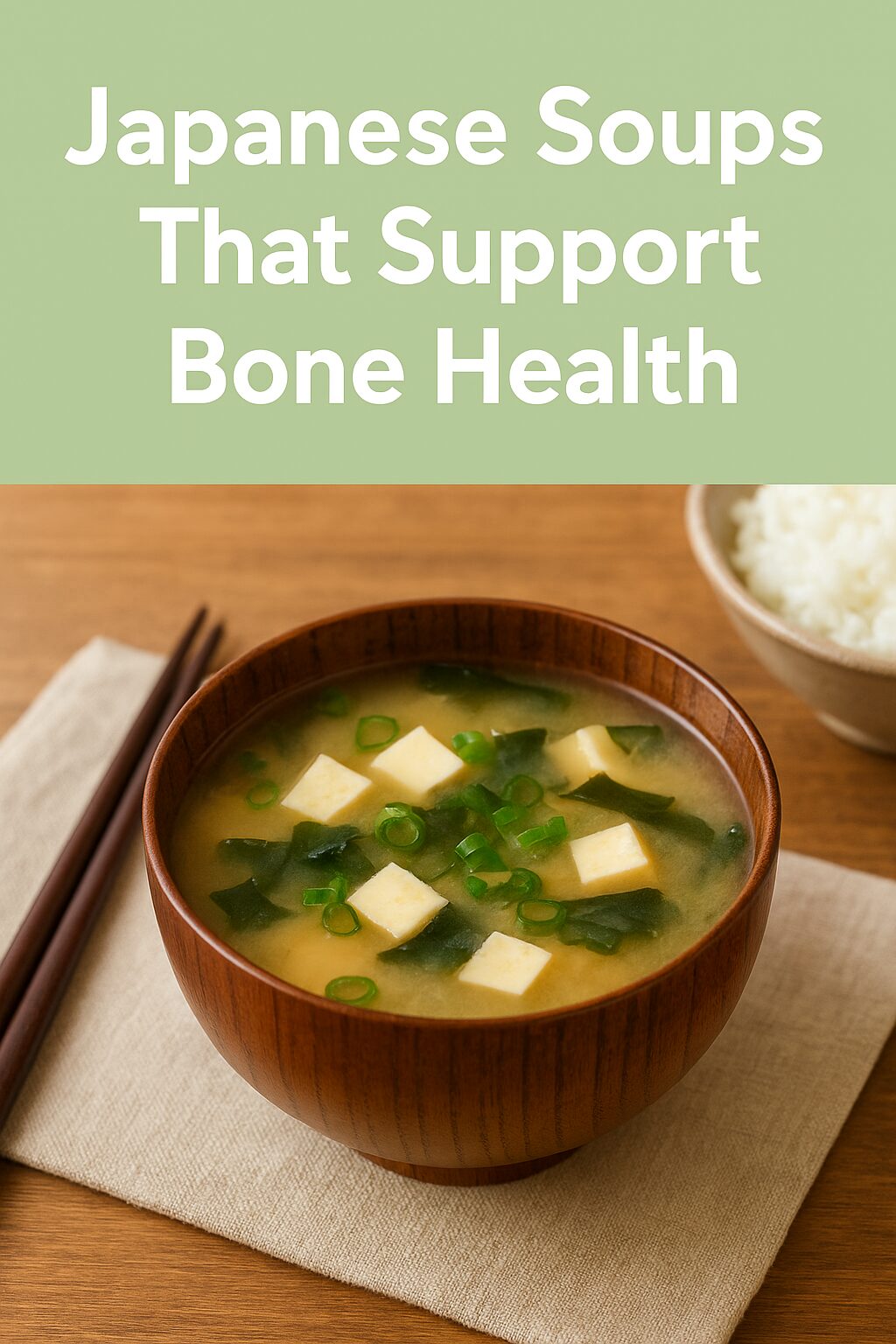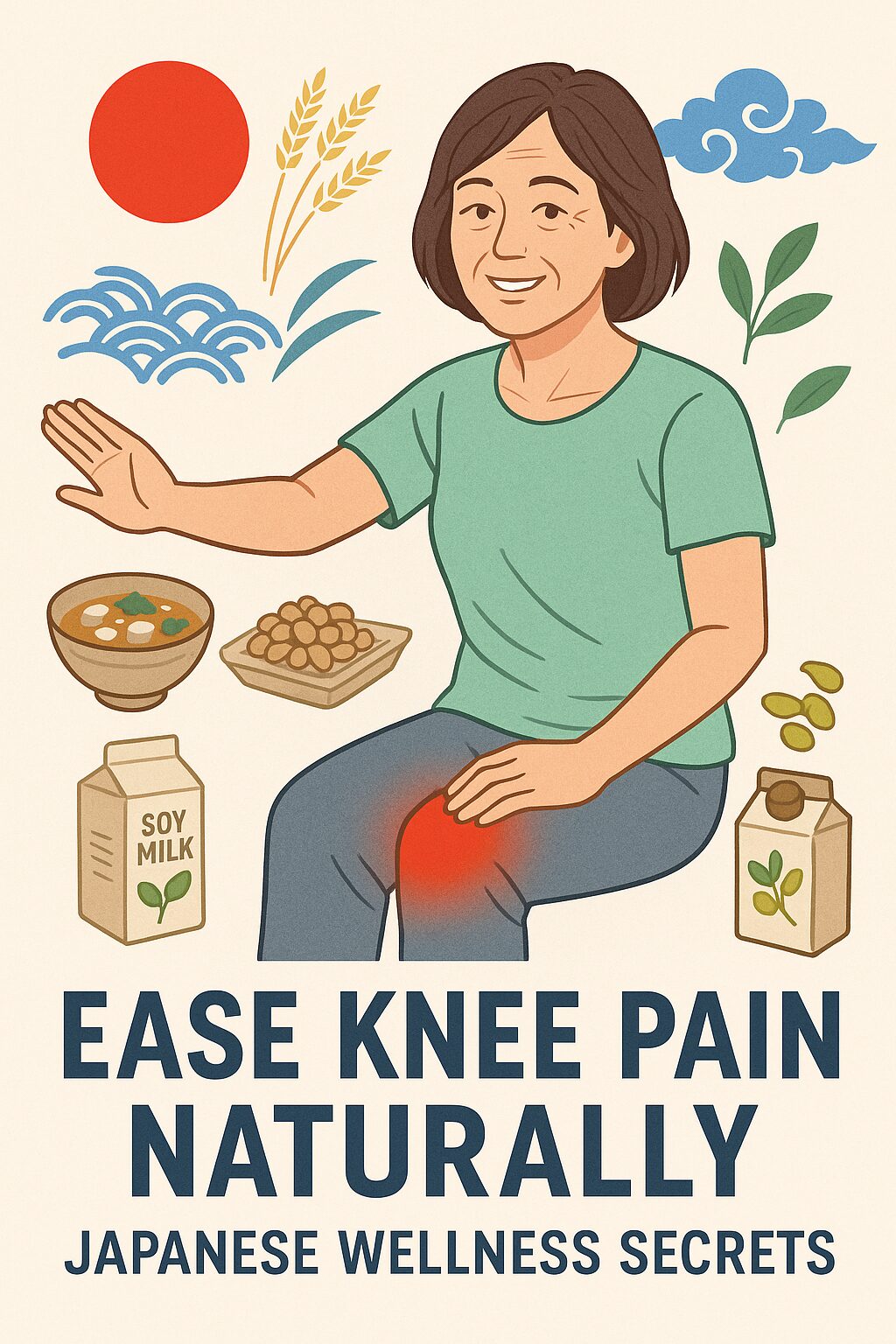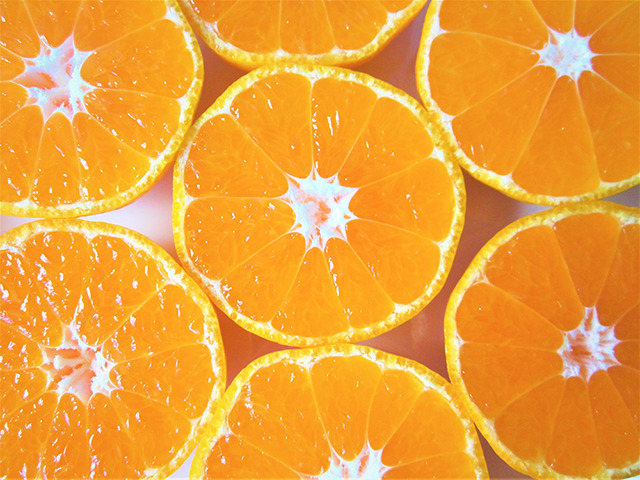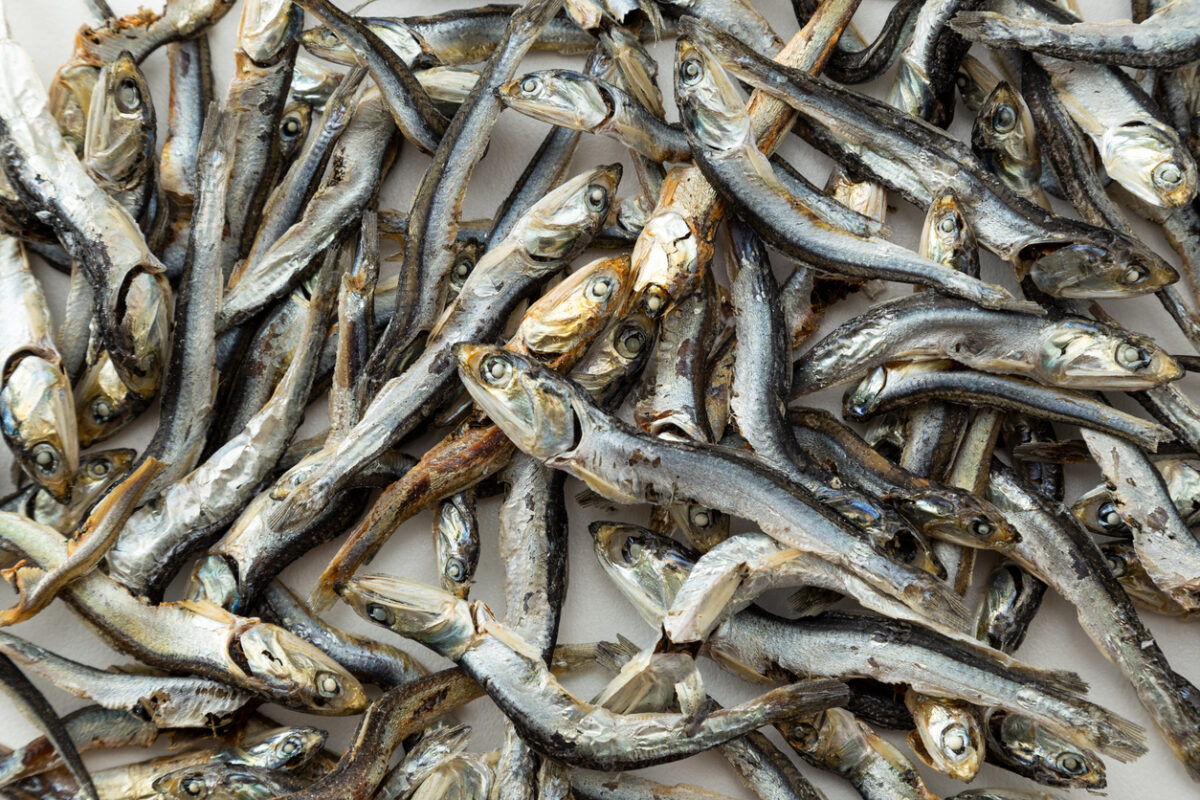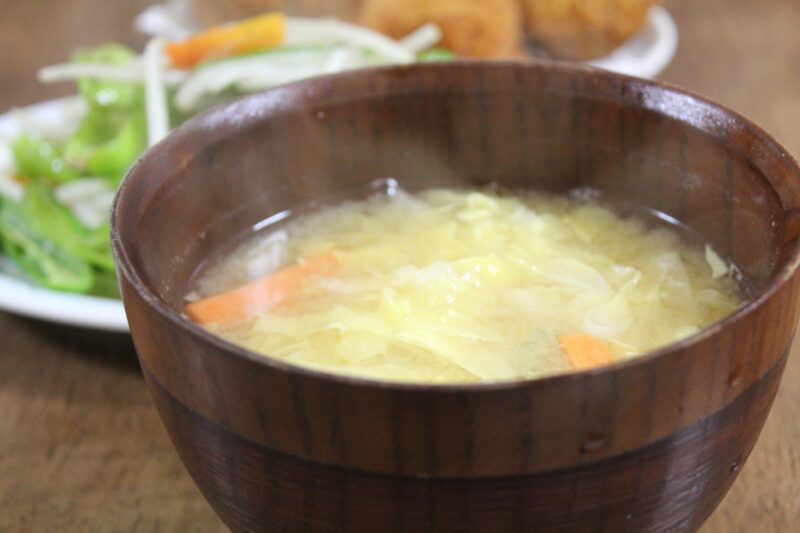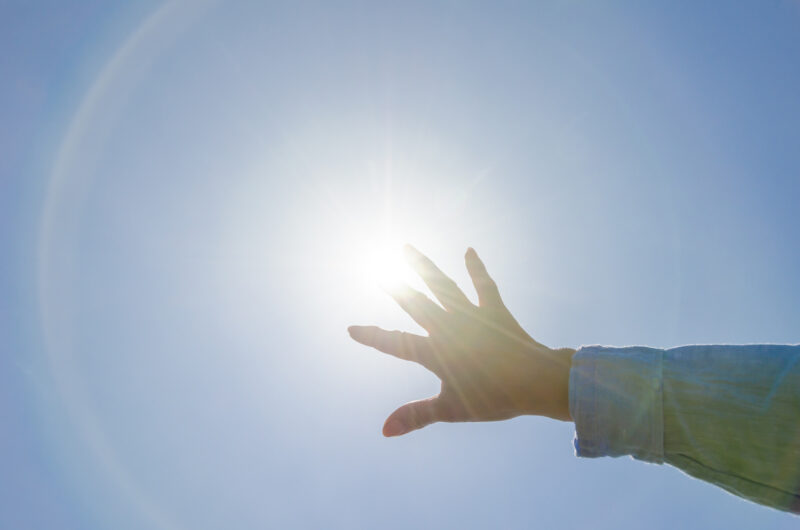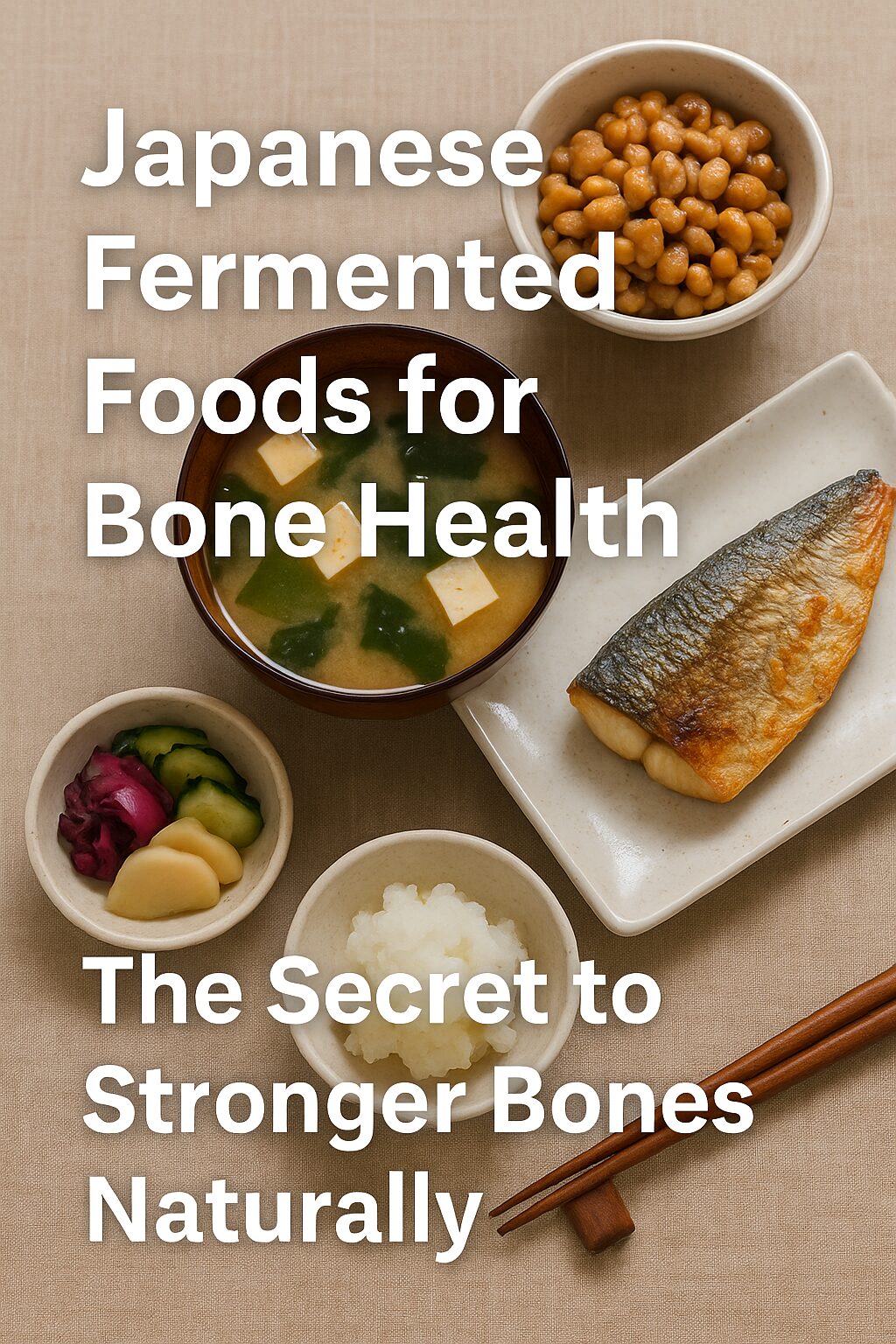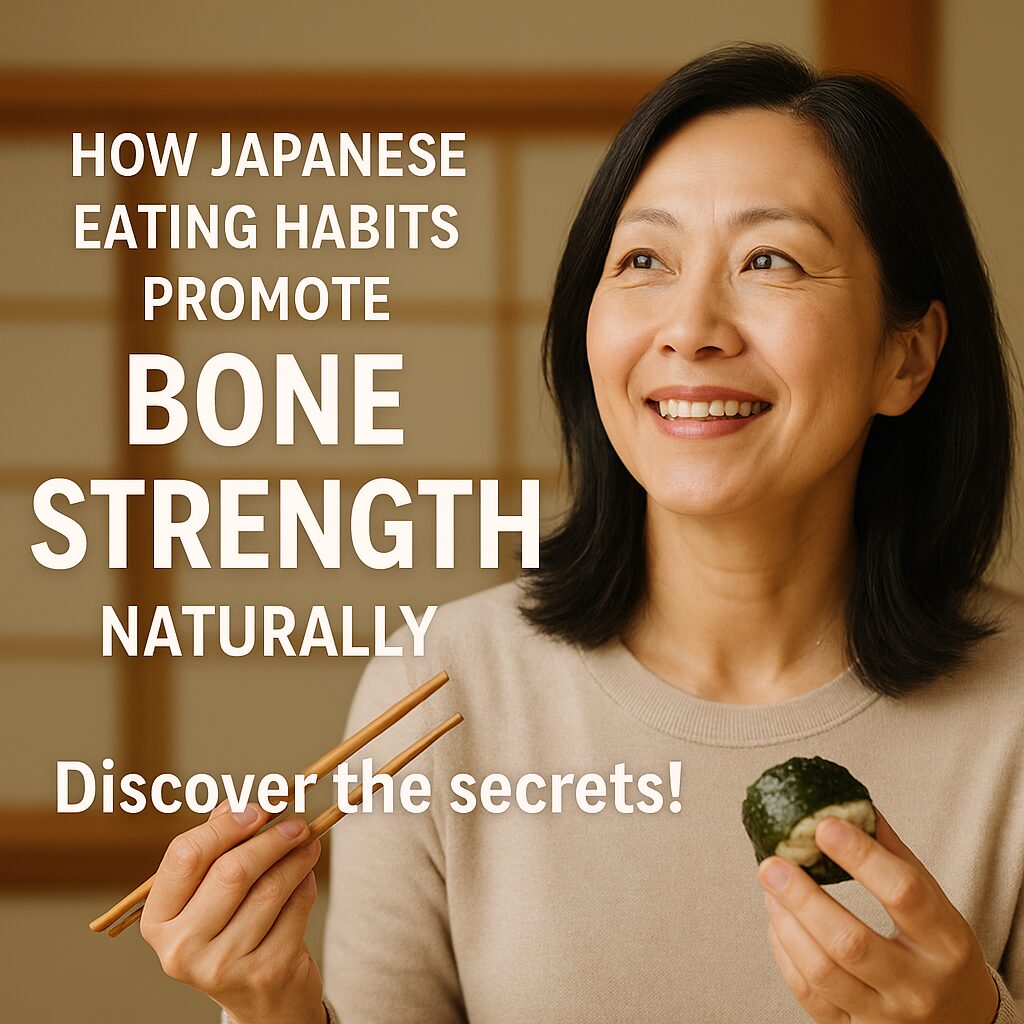As women reach their 50s and beyond, maintaining strong bones becomes a top health priority. While calcium is often the first nutrient that comes to mind, it’s far from the only one that matters. Bone health depends on a network of nutrients that work together — and understanding how they interact can make all the difference in preventing fractures and maintaining mobility as you age.
Why Calcium Alone Isn’t Enough
The Role of Calcium in Bone Structure
Calcium is a major component of bone tissue, giving bones their strength and rigidity. However, your body cannot effectively use calcium without the help of other key nutrients. Even if you’re getting enough calcium, poor absorption or lack of supporting minerals can still lead to bone loss.
Declining Absorption with Age
After menopause, hormonal changes — especially the decline in estrogen — reduce your body’s ability to absorb calcium efficiently. This is one reason why many postmenopausal women experience accelerated bone loss, or osteopenia and osteoporosis.
To keep bones strong, calcium must be paired with nutrients that help your body absorb and utilize it effectively.
Magnesium: The Unsung Partner of Calcium
Balancing Calcium Levels
Magnesium helps regulate calcium transport in and out of cells. Without sufficient magnesium, calcium may not be properly integrated into bones, leading to weak or brittle structure.
Sources of Magnesium
Good food sources include:
-
Almonds and cashews
-
Spinach and kale
-
Tofu and edamame
-
Brown rice and whole grains
According to the National Institutes of Health (NIH), women over 50 should aim for at least 320 mg of magnesium daily.
👉 NIH Magnesium Fact Sheet
Vitamin D: The Gatekeeper of Calcium Absorption
Sunlight, Food, and Supplements
Vitamin D enhances calcium absorption in the intestines. Without it, much of your dietary calcium goes to waste. However, as we age, our skin becomes less efficient at producing vitamin D from sunlight, and many women spend more time indoors.
How to Get Enough
Include fatty fish (like salmon and mackerel), egg yolks, and fortified milk in your diet. For most people, supplementation is also recommended, particularly in winter or in northern regions.
👉 Harvard Health: Vitamin D and Health
Vitamin K2: Directing Calcium Where It Belongs
Keeping Calcium Out of Arteries
While calcium strengthens bones, it can become harmful when deposited in arteries. Vitamin K2 plays a crucial role in directing calcium to bones and away from blood vessels, supporting both skeletal and cardiovascular health.
Japanese Foods Rich in K2
In Japan, fermented foods like natto (fermented soybeans) are rich in vitamin K2. This traditional food is believed to contribute to Japan’s notably low rates of osteoporosis among older women.
If natto’s strong flavor isn’t for you, K2 can also be found in certain cheeses like gouda or brie, or in high-quality supplements.
Beta-Cryptoxanthin: The Hidden Gem for Bone Metabolism
From Japanese Mandarin to Bone Health
Recent studies have identified beta-cryptoxanthin, a natural carotenoid found in Japanese mandarin oranges, as a nutrient that supports bone metabolism. It helps stimulate bone formation and slow down bone resorption, making it particularly beneficial for postmenopausal women.
Connecting Tradition and Modern Science
This nutrient is featured in Juveriente’s Bone Strength Complex, a supplement inspired by the Japanese diet. It combines mandarin extract powder rich in beta-cryptoxanthin with essential minerals that support bone health naturally.
In Summary
Building and maintaining bone strength after 50 requires more than just calcium. By paying attention to magnesium, vitamin D, vitamin K2, and beta-cryptoxanthin, you can support your body’s natural ability to preserve bone density and flexibility.
And with natural supplements like Juveriente Bone Strength Complex, which harness the wisdom of Japanese nutrition, you can take a simple, proactive step toward a stronger, healthier future.
Juveriente Bone Strength Complex: Natural Support Simplified
While a diverse diet is the foundation of bone health, it can be difficult to consistently get enough of all the essential nutrients—especially rare ones like beta-cryptoxanthin.
That’s why Juveriente Bone Strength Complex was developed. This supplement combines:
-
Satsuma Mandarin Extract, rich in beta-cryptoxanthin
-
Other natural nutrients that complement calcium and vitamin D
Rooted in Japanese dietary wisdom, it offers women over 50 a natural, convenient way to strengthen bones during menopause.


